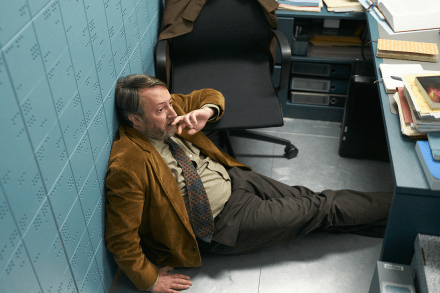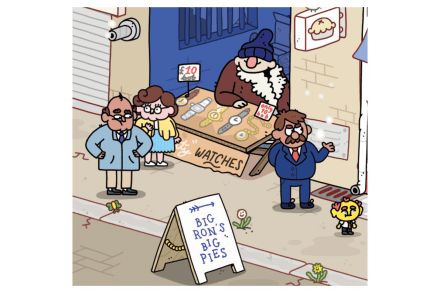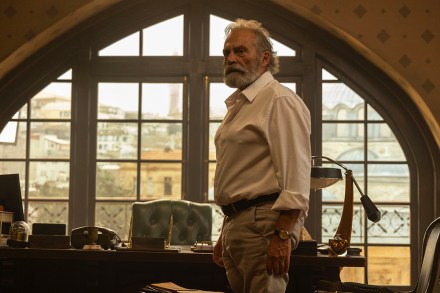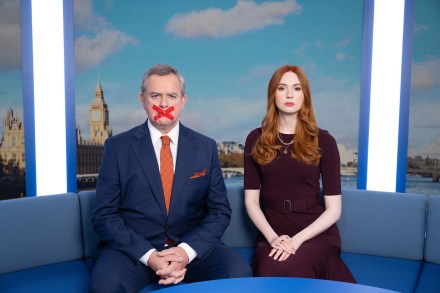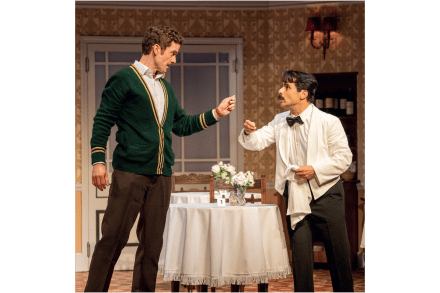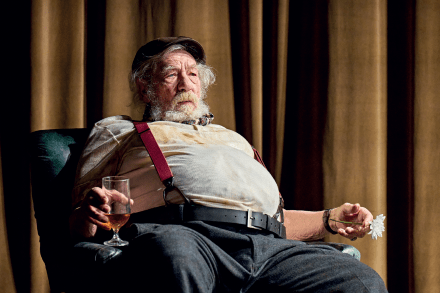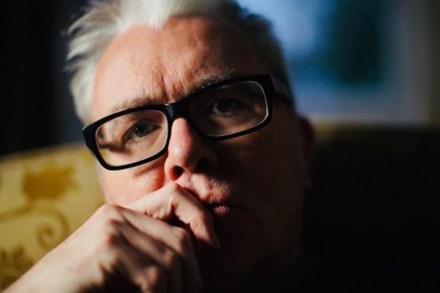Have today’s TV dramatists completely given up on plausibility?
In advance, Ludwig sounded as if it was aimed squarely at the Inspector Morse market. Set among spires of impeccable dreaminess (in a cunning twist, those of Cambridge), it has a main character who solves crimes and cryptic crosswords with equal efficiency. Once the series began, though, it was clear that its sights were set a little lower than that. Instead, the show seems content to take its place as the latest proof that plausibility is out of fashion in TV drama these days. (In my last column I reviewed Nightsleeper, which had no time for it at all.) One reason this detective feels like the traditional fish out of
